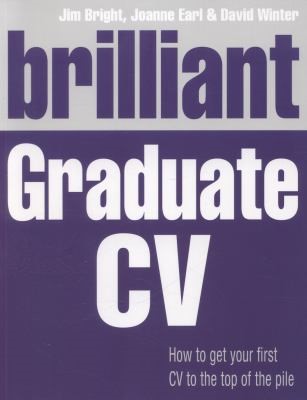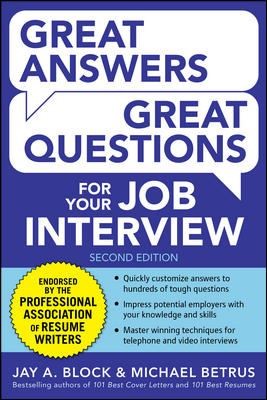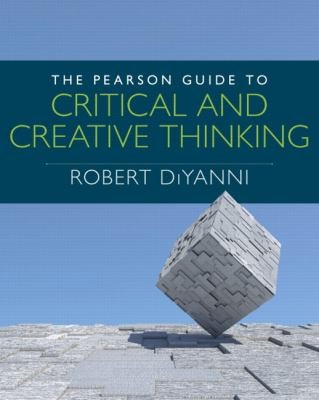
|
With a special focus on case interviews, this book coaches students how to think through the questions before giving sensible and thorough answers. Not only does it present several logical frameworks which help interviewees manage the given cases (Ch. 4), it also offers concrete sample interviews for readers’ reference (Ch. 5). This book is particularly useful for students who is about to attend a case interview for the first time.
Highlights include “Types of case questions” (pp. 15-19), “The four key case scenarios, developing your structure” (pp. 36-46), “Case starts” (pp. 74-83).
|
 |
Catering for university graduates with little work experience, the book helps you craft persuasive CVs with examples. Beginning with an introduction of the general features in a CV in Part 1, the book guides you how to refine a CV in Part 2, followed by tips in content selection in Part 3 and suggested job search resources in Part 4. “Brilliant tips” in boxes from human resource experts are abundant throughout the chapters.
Highlights include “Making the perfect fit” (pp. 81-106), “Presenting your CV” (pp. 107-120), “Job application letters” (pp. 157-162), and “Addressing selection criteria” (pp. 165-176).
|
 |
The primary aim of the book is to help you tackle various interview questions. The book hooks the readers with an introduction about the author’s pre-interview preparation experience, vividly illustrating how to predict questions by context and theme through brainstorming. You will gain insights into interpreting and answering difficult interview questions. In addition to worksheets and exercises for preparing interviews, you will learn how to customise your resume for different job positions.
Highlights include “Behind the scenes: Into the interviewer’s mind” (pp. 51-72), “The telephone interview” (pp. 125-130), “Great answers to special challenge questions” (pp. 171-176), and “Great questions to ask hiring managers” (pp. 187-198).
|

|
Aiming to help students thoroughly understand what arguments are, the book delineates the composition of an argument in Part One and discusses arguments about definitions, causes, value, and time periods in Part Two with writing guidance in Part Three. You will learn the different layers of arguments through recognising rhetorical elements in various contexts. Each chapter provides thought-provoking activities.
Highlights include counterargument (pp. 54), concession (pp. 56), arguments in disguise (pp. 79), summary versus analysis (pp. 88), inventing a claim (pp. 136, 268, 296), inventing support (pp. 138, 270, 299), and evaluating sources (pp. 329).
|

|
This text offers a comprehensive and practical course for both students and instructors in the vital skills of dissecting both sound and unsound arguments. Furthermore, it introduces the means of creating sound arguments in one's own critical and argumentative writing and how to evaluate them. It introduces precise terminology for discussing both short and extended arguments.
Highlights include exercises from multiple real-world texts and model answers to selected exercises as well. It also introduces the method of argument mapping both in terms of evaluating texts and creating one's own complex and multi-step arguments.
|

|
Focusing on both critical and creative thinking, the guide introduces concepts and theories in the beginning chapters and provides examples and demonstrations for applying thinking techniques and strategies in later chapters. With exercises throughout the 14 chapters, you will be able to practise your reasoning and judging skills. The book will help you understand both critical and creative thinking.
Highlights include developing critical thinking (Ch. 1), sound thinking (Ch. 6), thinking fallacies (Ch. 7), and parallel thinking and lateral thinking (Ch. 9).
|